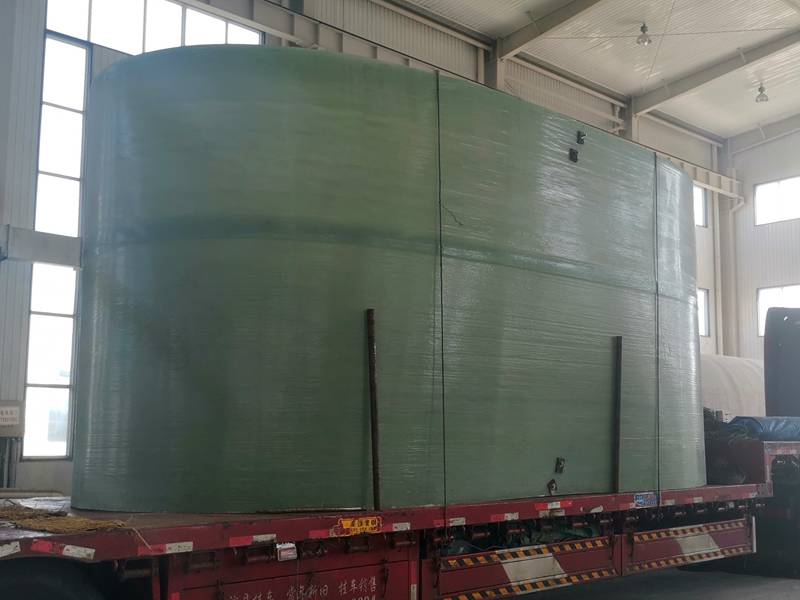
-
 Afrikaans
Afrikaans -
 Albanian
Albanian -
 Amharic
Amharic -
 Arabic
Arabic -
 Armenian
Armenian -
 Azerbaijani
Azerbaijani -
 Basque
Basque -
 Belarusian
Belarusian -
 Bengali
Bengali -
 Bosnian
Bosnian -
 Bulgarian
Bulgarian -
 Catalan
Catalan -
 Cebuano
Cebuano -
 China
China -
 China (Taiwan)
China (Taiwan) -
 Corsican
Corsican -
 Croatian
Croatian -
 Czech
Czech -
 Danish
Danish -
 Dutch
Dutch -
 English
English -
 Esperanto
Esperanto -
 Estonian
Estonian -
 Finnish
Finnish -
 French
French -
 Frisian
Frisian -
 Galician
Galician -
 Georgian
Georgian -
 German
German -
 Greek
Greek -
 Gujarati
Gujarati -
 Haitian Creole
Haitian Creole -
 hausa
hausa -
 hawaiian
hawaiian -
 Hebrew
Hebrew -
 Hindi
Hindi -
 Miao
Miao -
 Hungarian
Hungarian -
 Icelandic
Icelandic -
 igbo
igbo -
 Indonesian
Indonesian -
 irish
irish -
 Italian
Italian -
 Japanese
Japanese -
 Javanese
Javanese -
 Kannada
Kannada -
 kazakh
kazakh -
 Khmer
Khmer -
 Rwandese
Rwandese -
 Korean
Korean -
 Kurdish
Kurdish -
 Kyrgyz
Kyrgyz -
 Lao
Lao -
 Latin
Latin -
 Latvian
Latvian -
 Lithuanian
Lithuanian -
 Luxembourgish
Luxembourgish -
 Macedonian
Macedonian -
 Malgashi
Malgashi -
 Malay
Malay -
 Malayalam
Malayalam -
 Maltese
Maltese -
 Maori
Maori -
 Marathi
Marathi -
 Mongolian
Mongolian -
 Myanmar
Myanmar -
 Nepali
Nepali -
 Norwegian
Norwegian -
 Norwegian
Norwegian -
 Occitan
Occitan -
 Pashto
Pashto -
 Persian
Persian -
 Polish
Polish -
 Portuguese
Portuguese -
 Punjabi
Punjabi -
 Romanian
Romanian -
 Russian
Russian -
 Samoan
Samoan -
 Scottish Gaelic
Scottish Gaelic -
 Serbian
Serbian -
 Sesotho
Sesotho -
 Shona
Shona -
 Sindhi
Sindhi -
 Sinhala
Sinhala -
 Slovak
Slovak -
 Slovenian
Slovenian -
 Somali
Somali -
 Spanish
Spanish -
 Sundanese
Sundanese -
 Swahili
Swahili -
 Swedish
Swedish -
 Tagalog
Tagalog -
 Tajik
Tajik -
 Tamil
Tamil -
 Tatar
Tatar -
 Telugu
Telugu -
 Thai
Thai -
 Turkish
Turkish -
 Turkmen
Turkmen -
 Ukrainian
Ukrainian -
 Urdu
Urdu -
 Uighur
Uighur -
 Uzbek
Uzbek -
 Vietnamese
Vietnamese -
 Welsh
Welsh -
 Bantu
Bantu -
 Yiddish
Yiddish -
 Yoruba
Yoruba -
 Zulu
Zulu
frp insulation tank
FRP Insulation Tanks Enhancing Efficiency and Sustainability
Fiberglass Reinforced Plastic (FRP) insulation tanks have become an essential solution in various industries, owing to their unique properties and advantages. These tanks are primarily used for the storage of liquids and gases, particularly in environments where temperature control and insulation are critical. The integration of FRP materials not only enhances durability but also improves energy efficiency, making them a superior choice for many applications.
FRP Insulation Tanks Enhancing Efficiency and Sustainability
Additionally, FRP insulation tanks are lightweight yet incredibly strong, offering ease of transport and installation. Unlike traditional materials like steel or concrete, FRP does not corrode, making it ideal for environments that experience moisture or chemical exposure. This durability means reduced maintenance costs and longer service life, ultimately leading to lower operational expenses for businesses.
frp insulation tank

Another notable feature of FRP insulation tanks is their versatility in design. These tanks can be customized to meet specific requirements, including size, shape, and insulation thickness, which allows industries to optimize space and improve operational workflows. Furthermore, the aesthetic appeal of FRP materials can enhance facility appearance, contributing positively to brand image.
Sustainability is also a key consideration in the modern industrial landscape. FRP insulation tanks are often touted for their environmental benefits. The manufacturing process typically involves fewer emissions compared to traditional materials, and many FRP products are designed for long-term use, reducing waste. Furthermore, as industries shift towards more sustainable practices, using FRP can be a crucial step in meeting regulatory compliance and corporate social responsibility goals.
In conclusion, the adoption of FRP insulation tanks represents a significant advancement in storage solutions across various industries. The combination of thermal efficiency, durability, design flexibility, and sustainability positions FRP insulation tanks as a leading choice for businesses looking to enhance their operational efficiency while minimizing environmental impact. As technology continues to evolve, FRP solutions will likely play an increasingly vital role in the future of industrial storage.
Latest news
-
High-Quality Fiberglass Car Bodies Durable GRP Car & Boat Body SolutionsNewsJul.08,2025
-
High-Quality Fiberglass Dual Lamination Product Manufacturer Durable FRP & GRP Dual Lamination SolutionsNewsJul.08,2025
-
Rectangular Tank with Dimensions for GRP Calculation Custom Fiberglass GRP Rectangular TanksNewsJul.07,2025
-
High-Quality Fiberglass Weir Custom FRP Weir & Fiberglass Tanks ManufacturerNewsJul.07,2025
-
CPVC FRP Pipe A Reliable Choice for Industrial Applications High Strength & Corrosion ResistanceNewsJul.07,2025
-
Fiberglass Scrubber for Effective Cleaning and Stain Removal – Superior Performance in Various ApplicationsNewsJul.06,2025









